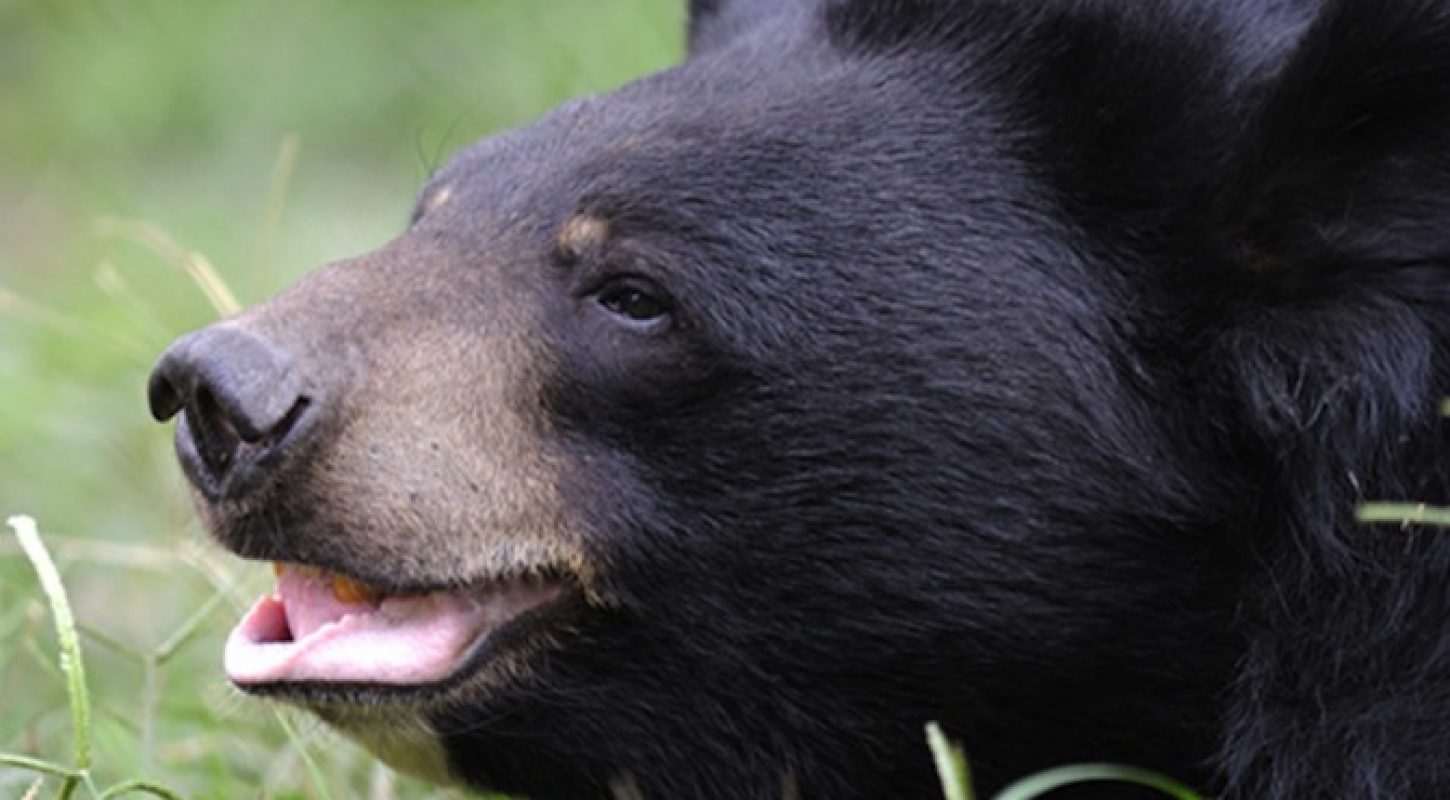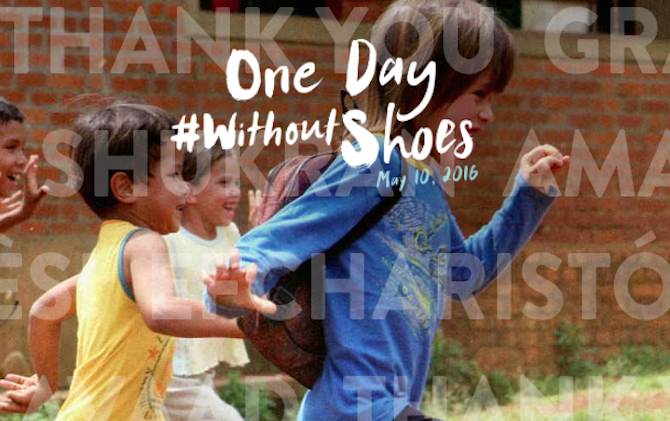Why he didn’t moan and swipe in anger when he first arrived was a mystery. For a bear that had been flattened in a crush cage for 15 years of his life, with a crude metal catheter painfully embedded in his abdomen, he should have been as aggressive and violent as the others. But this remarkable, gentle animal lay on his back, taking in the sights, sounds and smells of his new “home”, while his bile dripped out onto the floor.
Altogether on that fateful day in the year 2000, 63 bears arrived at Animals Asia’s bear sanctuary in China, in tiny wire cages, and shocked us all with their physical and psychological wounds. Victims of bear bile farming, they were now in our care, after we had worked with the Chinese government to close down the farm and release them to us.
Today we have rescued 400 bears from this despicable industry – 285 at our sanctuary in Chengdu, China and another 115 at the one just outside of Hanoi, in Vietnam. Bear bile farming sees thousands of bears (mainly endangered Asiatic black bears, or moon bears after the yellow crescent of fur on their chest, but also sun and brown bears), caught up in an industry that cruelly harvests them for their bile. The bile is a digestive juice produced by the liver and stored in the gall bladder and is highly sought after as an ingredient in traditional Chinese medicine.
Like the bears he arrived with – and those who have followed – Jasper required a huge amount of work to repair his “broken” body. Other bears arrive with limbs missing from being illegally trapped in the wild, some with their teeth deliberately cut back by the farmers, or their paw tips removed to stop claws from growing. Many have scars running the length of their bodies as they have grown into cage bars, and many are blind as a result of poor nutrition on the farms, or the physical trauma of banging their heads against the cage bars in frustration and pain. In short they are cage crazy.
Remarkably many survive. The fact that they are such stoic, forgiving animals is undoubtedly the reason they can put the past behind and begin to enjoy life once again. The first few months following their rescues see them undergoing procedures of repair- and slowly comprehending that human kind can be just that… kind.

Today, out in grassy enclosures, they tumble each morning – swimming in pools, or exploring platforms with piles of tasty nutritious food, and tires and wooden logs smeared with delicious treats such as jam. Jasper discovered that hammocks made of fire-hoses provide hours of play with your friends, or double up as a bed for snoozing away a peaceful afternoon.
Because of his forgiveness and his fun loving nature, Jasper is now the hero of a brand new children’s book, Jasper’s Story, published by Sleeping Bear Press. His story gives hope of the rise of the public in China and Vietnam against bear bile farming, of the work of Animals Asia which sees us collaborating with traditional medicine doctors, lawyers, celebrities, the media, schools and universities, and the general public at large. Because of Jasper and those “Jaspers” still to come, our programs are relentlessly working towards the end of bear bile farming.
For more on bear bile farming and how you can help us to end it please visit www.animalsasia.org.
***
Thank you for sharing this with us, Jill!
Jill Robinson heads Animals Asia’s team of over 300 enthusiastic staff. She divides her time between mainland China, Vietnam and Hong Kong, and travels frequently around the world to give presentations at conferences and speak at fundraising events. She works with the vet and bear teams during rescues and health checks and advises closely on construction projects. She visits dog and cat markets and zoos and safari parks throughout China to document the abuse of animals, and visits hospitals and homes for the elderly with her own animal-therapy dog, Eddie, who was rescued from a meat market in China.
Today, April 8th, is One Day Without Shoes, a Tom's Shoes campaign. Tom'…


